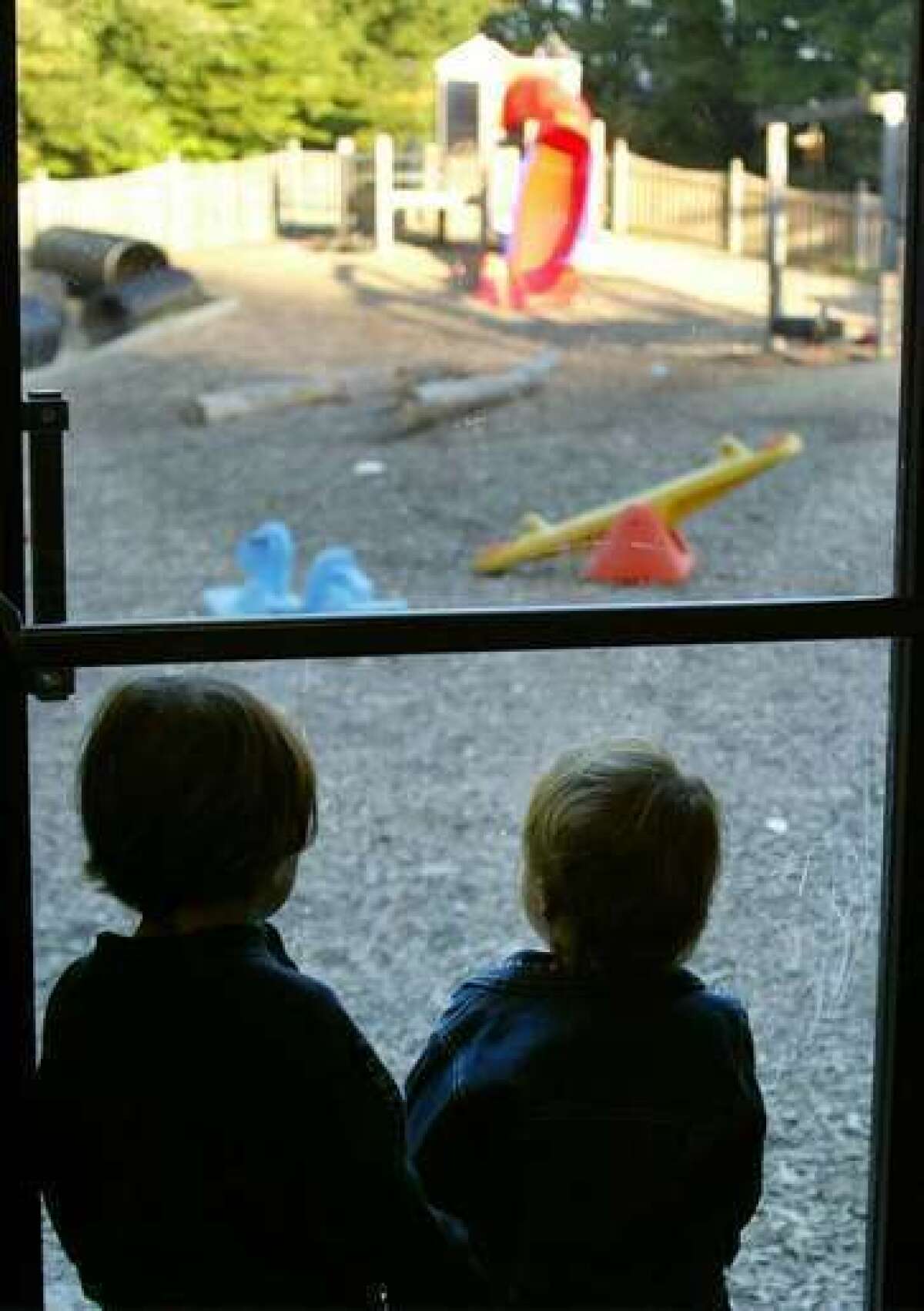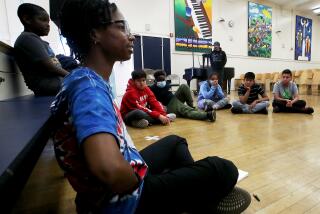Recess âcrucialâ for school kids, pediatricians say

Give kids a break, doctors said Monday â or you might find that they have trouble paying attention in the classroom.
In a policy statement released on Monday by the American Academy of Pediatricsâ Council on School Health, pediatricians urged schools to maintain regularly scheduled recess, arguing that it offered academic, social and physical benefits for children of all ages, from elementary school kids to adolescents.
Even as increased pressure to raise standardized test scores has pushed schools to consider cutting recess, the personal time for kids shouldnât be curbed to make more time for classroom study, they added, noting that, âIronically, minimizing or eliminating recess may be counterproductive to academic achievement.â
For similar reasons, withholding recess also should not be used as a means of punishment, they said.
Writing in the journal Pediatrics, lead authors Dr. Robert Murray and Catherine Ramstetter reported that recess, defined by the U.S. Centers for Disease Control and Prevention as âregularly scheduled periods within the elementary school day for unstructured physical activity and play,â provides âcrucialâ benefits that more structured physical education cannot.
First, they reported, kids learn best when they take breaks after periods of study â and recess, whether it involved physical activity or just hanging out, has been shown in studies to improve cognition, making students more attentive and productive. The unstructured nature of recess gives kids opportunities to flex their social muscles â learning how to communicate and share with their peers. Recess lets children let off steam and manage stress, they wrote. It can also help kids meet the recommended 60 minutes of moderate-to-vigorous physical activity recommended by the academy.
The statement also made recommendations for keeping kids safe during recess (including ensuring the safety of equipment and the enforcement of safety rules); for school experimenting with structured forms of recess; and for scheduling the breaks (noting that the CDC and the Department of Agriculture both support offering recess before lunch, because it has been shown to promote better behavior â and less food waste â at mealtime.
Also on Monday, the council issued a statement recognizing the work of school physicians.







